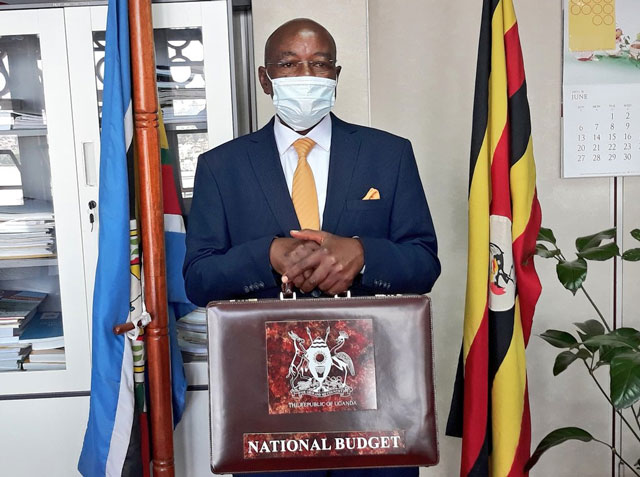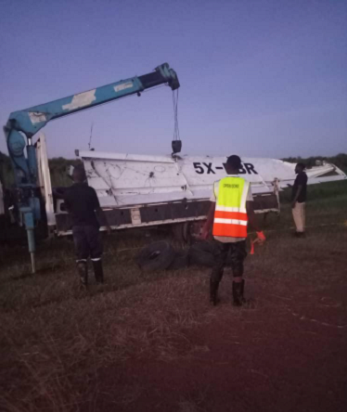A team of Public Health Experts from School of Public Health at Makerere University have urged Parliament to ensure herbalists are regulated in order to protect the health of Ugandans.
The call was made by Rhoda Wanyenze, Dean School of Public Health and Dr. David Serwadda, Professor Department of Disease Control and Environmental Health from Makerere University School of Public Health, who had appeared before Parliament’s Health Committee to present their views on the Public Health Amendment Bill 2022.
The caution followed a question asked by Lulume Bayiga (Buikwe South MP), who asked, “What is your view on herbalists and complementary medicine on the concept of one health?”
Dr. Serwadda said that a number of medicines are on the market and they are increasing , unchecked, not proved, no consequences yet many of them haven’t been subjected to randomized clinical tests and their efficacy or effects when consumed in human bodies remain unknown.
“We need to regulate these herbalists that are putting a lot of products on the market and ensure that before the product gets onto the market, at least they go through some minimal test and ensure that you allow them to be on market as further tests are being done, but we need to regulate them and ensure we have randomized controlled trials,” Dr. Serwadda said.
It should be recalled that in 2019, Parliament enacted into law the, Traditional and Complementary Medicines Act 2019 and the legislation came into force in 2020 after President Museveni assented to it.
Section 4 of the Act provides for the creation of National Council of Traditional and Complementary Medicine Practitioners, to register, license and monitor activities of traditional and complementary medicine practitioners and oversee the enforcement of the Act.
However, three years down the road, the Council hasn’t been established, yet the Act forbids anyone from practicing traditional medicine without a license and anyone found liable would fined Shs6M or jailed for two years or both.
Dr. Serwadda however said that Ugandans, especially in rural areas are increasingly selling herbal medicine, taking advantage of the void created by Government’s failure to provide health care.
He said, “On the other hand, it pre-supposes that government has been able to give access to people in rural areas because most of the people in the rural areas, the first people they go to are traditional care because that is what we can access. You need to provide for government responsibilities because they are now using a void that is left, that is access to care and that is where they see themselves to be able to provide services.”
Dr. Wanyenze also called on for oversight on oil activities to avert risks Nigeria encountered after witnessing a deep stretch of dead fish flowing, saying these were as a result of government and companies that are drilling oil, not individual activities.
She explained, “We are now going to start oil, we know what happens in countries where there is oil and public health and what happens to the environment. And here we are fining individuals, we aren’t talking about as much as institutions and our own responsibility to keep the environment clean when the oil starts flowing and many other things.”
The Traditional and Complementary Medicines also bars practitioners from using and referring to themselves with titles belonging to practices of conventional medicines for which the person is not qualified, such as doctor nurse or professor and the Act empowers the Minister of Health to declare titles to be used by practitioners of traditional and complementary medicine based on their qualifications and quality of services rendered.





